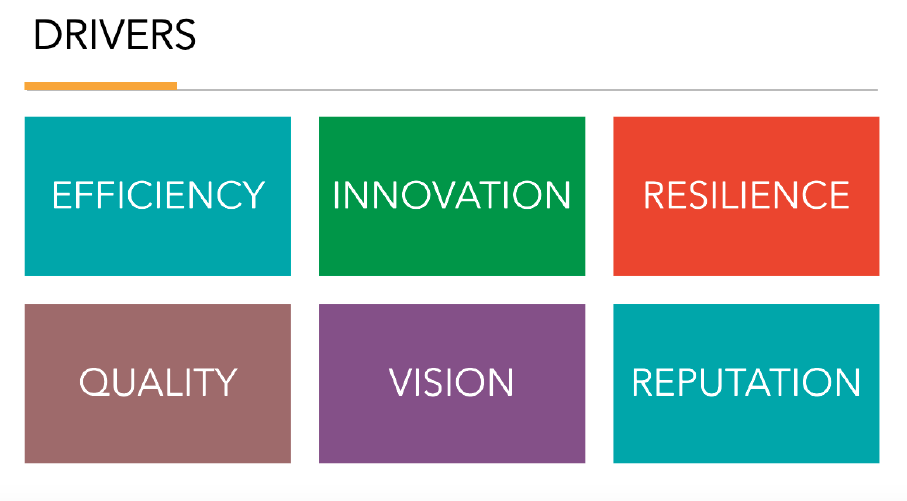
I was approached recently by a former client to see if I would be willing to update a piece of work I was involved with a decade ago.
I was initially reticent as much of my last 5 years has been occupied setting up and running a business (Bees Homes Property Limited), co-authoring a couple of books (“Navigating the Minefield” and “KM Cookbook“) conducting global masterclasses as well as undertaking pro bono work (President CILIP and a founding member of Eastbourne’s “Cobra” Committee and BSI’s KM Standards Committee). Frankly, as we were also dealing with a family bereavement, the last thing I was interested in was another assignment.
And it came concurrent with another request for assistance but I was attracted by the learning opportunity of revisiting previous recommendations.
I’ve always been a proponent of “Give / Get” or “Paying it forward”. That, if you put yourself out for others and give without expectation of reward, people will remember when you need to ask of them. And so it proved.
I sent a note (via LinkedIn) to some of my network. Here’s what I said:
I’ve been reflecting on 30 years of “KM” experience as a precursor for a new piece of work. I’m asking friends and close connections these questions.
…would you mind taking a stab at answering them. Obviously your response would be treated in confidence.
I was hugely appreciative of the many and varied responses and offers to chat about them. While preserving confidentiality I am sure the global contributors (drawn from industrial engineering, pharma, defence, law, consulting) will allow me a few observations. This was the first question:
What’s the #1 business issue you’ve been addressing?
| Data Governance. All parts of the business are impacted by a lack of enterprise wide, fully integrated data governance strategy, tools and behaviours. |
| Timely provision of reference projects as well as exchange of lessons learned in the project business to avoid mistakes. |
| Embedding LfE (Learning from experience) in projects meant a long detour to first define a projects approach to embed into (!) |
| The amount of time it takes to approve consumer-facing knowledge has been my biggest challenge. |
| Ability to accurately map current capability and knowledge in digital and information professionals or subsequently plan for future needs. |
| Knowing what each other is doing and what each other knows. |
| Dealing with hybrid work model. From KM side it is document automation. |
In 2017 in “Navigating the Minefield” I wrote as a summary observation on the programmes we’d looked at, Operational KM to the fore, Strategic KM to the rear.
Interestingly, 5 years on, the majority of the above are focussed on “burning platform” issues, hence tactically driven rather than strategic.
The exception is driven by the founder who insists senior managers take ownership of content placed on their practice management system. They recognise that their core product is knowledge and needs to be findable and reused where applicable.
It’s a theme I am finding time and again as organisations attempt to answer:
Where do I find?
What did we do?
Who knows?
What if they leave?
How do we create and share new knowledge?
And finally
Communication is at the heart of effective KM. Presenting findings or seeking input to an idea is often about putting yourself in the shoes of the recipient.
The simple act of putting a “Draft” watermark on a document when circulating it for comment among seniors and peers will send a powerful signal about ‘working out loud’ and challenge existing hierarchichal ways of working.
I’ve found a visualisation to be worth a thousand words. Here’s six drivers I believe underpin many KM programmes. I’d be interested in the thoughts of others.

In case you are wondering about the relevance of the picture (of a road in the medieval town of Warkwick) it’s where I got the idea of this article from!
